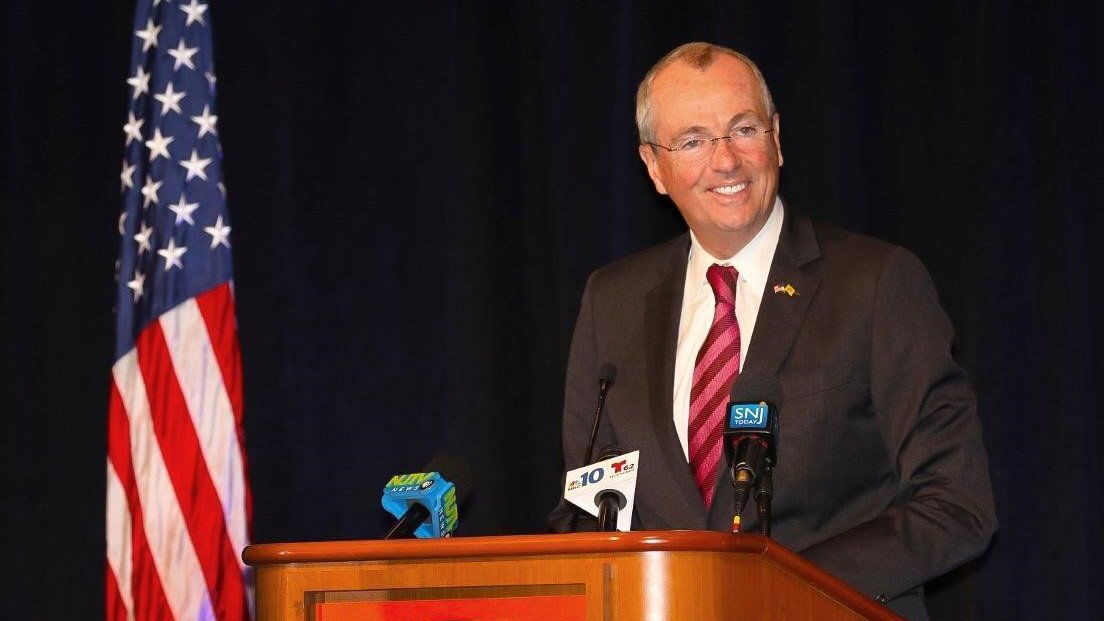US Department of Interior denies two class III compacts between California and tribes; Gov. Newsom blasts decision

The U.S. Department of the Interior has rejected Class III gaming compacts between the State of California and two tribes: the Middletown Rancheria of Pomo Indians, and the Santa Rosa Indian Community of the Santa Rancheria. The decision denies the tribes the ability to offer casino-style gambling such as slot machines, roulette, and craps.
“While California has taken great steps forward, sadly, the betrayal we feel from (Interior Secretary Deb) Haaland is something we have come to expect from the federal government,” Middletown Rancheria Chairperson Jose “Moke” Simon said in a statement. “The path forward is now paved with stones that will make it difficult to navigate our tribe’s future.”
The Middletown Rancheria tribe operates Twin Pine Casino & Hotel, a venue offering a limited range of games near Middletown. Theirs was not the only compact to face rejection: the Department of the Interior has also denied a second gaming agreement that involved the Santa Rosa Rancheria, belonging to the Tachi Yokuts tribe near Lemoore, in the San Joaquin Valley. The Santa Rosa Rancheria operates the Tachi Palace Casino.
Twin Pine Casino & Hotel
The Middletown Rancheria had initially submitted a compact signed by California Gov. Gavin Newsom last November, but the Department of the Interior rejected it. On Friday, U.S. Assistant Secretary of Indian Affairs Bryan Newland informed the tribe that it had not adequately executed his recommended changes to the 2021 agreement, reports North Bay Business Journal.
In the new rejection, Newland framed the decision as an attempt to protect the interests of the tribe against burdensome governmental oversight. Newland argues that the compact confers “expansive powers” on the State and local governments to regulate tribal activities and lands that are not directly related to the actual conduct of gaming.
For instance, the wording in the compact might allow the state or the county to claim jurisdiction over Uncle Buddies Pumps, a gas station adjacent to Twin Pine Casino. This means any expansion or renovation of the station would trigger an extensive environmental review, which is an outcome the federal Indian Gaming Regulatory Act (IGRA) is meant to prevent, reports the cited source.
As reported by Yogonet in May, when Newsom signed them into law, the compacts would exempt two tribal gaming projects from review under the California Environmental Quality Act (CEQA). The law classifies the two compacts as non-projects for the purposes of CEQA, which ordinarily requires that developments undergo detailed environmental reviews that can invite public scrutiny. These compacts had been agreed upon in March this year.
“I recognize that the disapproval of a Class III compact is a harsh remedy in circumstances like this, and that it is ultimately the Tribe that suffers the greatest consequences of a disapproval,” Newland wrote. “Secretarial disapproval is a blunt instrument, but it is the only tool the Department has at its disposal to protect the balance Congress developed in IGRA.”
Tachi Palace Casino
According to the rejection decision, secretarial disapproval helps to fulfill the Congress’ goal “that tribes should not have to sacrifice their inherent sovereignty in exchange for the proven benefits of Indian gaming.”
“There is nothing preventing the Tribe, the State, and local governments from negotiating different types of cooperative agreements that promote good governance amongst neighbors,” Newland concluded. “But those agreements must be negotiated on a level playing field outside IGRA's Class III compacting process.”
However, these arguments were not seen as enough by the tribes. “The U.S. Department of Interior’s disapproval of our compact is shocking given that we worked closely with Secretary Haaland’s department to find an agreeable middle ground between the State of California and Interior,” said Middletown Rancheria’s Jose “Moke” Simon.
“With the disapproval of the compact by the U.S. Department of Interior, our tribe will not have the resources to expand the Tachi Palace Casino that would have created new living wage jobs; and benefited an ailing local economy,” added Leo Sisco, Chairman of the Santa Rosa Rancheria Tachi Yokut Tribe. “The chilling effect this decision will have in Indian Country is immeasurable and the financial cost to our tribe will be irreparable.”

The tribes’ surprise at the compact rejection was echoed by Gov. Newsom. “Despite the tribes’ efforts to meet with Interior and changes negotiated with the State of California to address concerns expressed by Interior, the Department chose to disregard the interests of the tribes,” he said in a press statement.
According to Newsom, this marks the second time that the Department of the Interior has “arbitrarily disapproved” gaming compacts with the Santa Rosa Rancheria and the Middletown Rancheria, despite the agreements having been “carefully negotiated” by the state and the tribes in an effort to provide them the economic benefits of gaming.
“The disapprovals threaten the ability of these and other tribes to invest and maintain jobs in many of California’s economically disadvantaged communities,” added Newsom. “The State of California will continue working with Santa Rosa Rancheria and Middletown Rancheria to rectify this decision and avoid its negative impacts.”
In late June, less than a month after Newsom signed into law the new gaming compact with the Santa Rosa Rancheria Tachi Yokut Tribe, the tribe's Tachi Palace Casino Resort in Lemoore, California, hosted a grand opening for a new High Limit Room.
In April, Tachi Palace Casino announced a variety of upgrades and renovations to the gaming floor, food court, and other areas. New tabletop slot games on the third floor overlook the main gaming floor, with a server walkway for beverages, and bingo returned to Tachi Palace in their new facility called the Yokut Hall, which will seat up to 1200 players.




















































